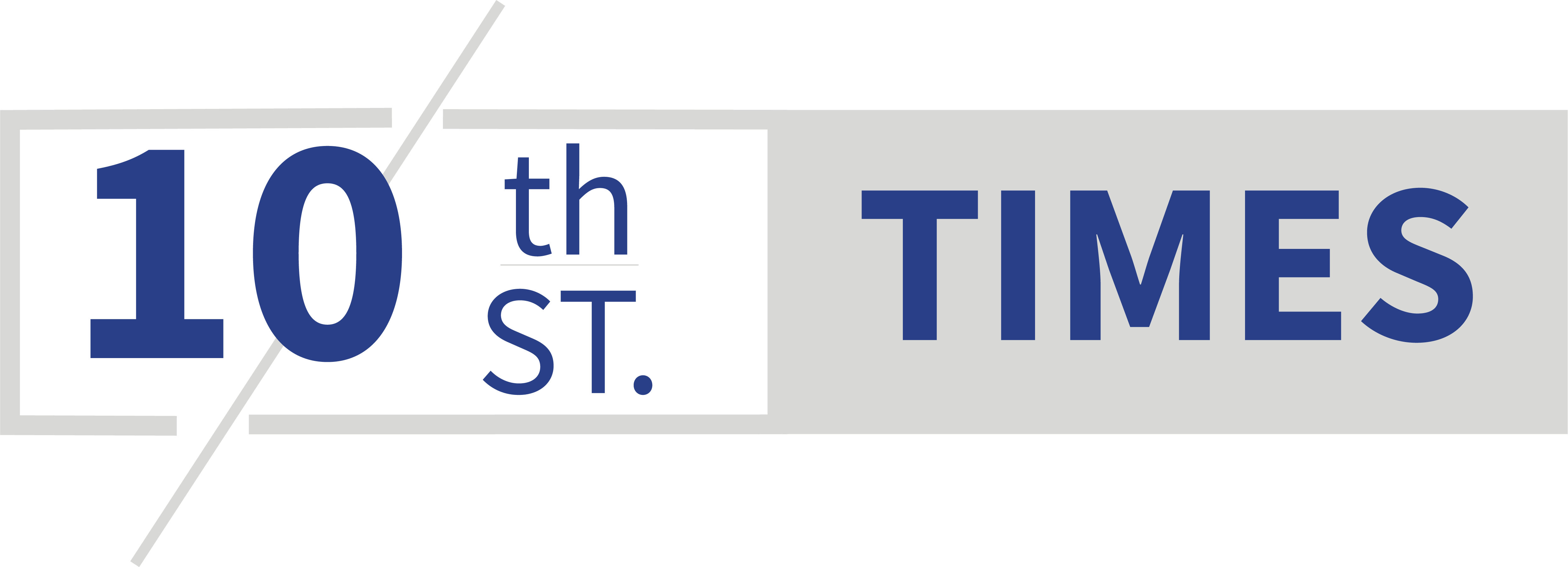Shadow Banning and Censorship
Share this story

Instagram has reignited the fires surrounding censorship in our media, when they began blocking posts with the #democrat tag, whilst leaving the #republican results are only limited.
On January 20th, users were not able to search up posts with the tags; #democrat — #republicans — #jan6th — #constitution, and were instead greeted with a “sensitive content” warning. It is unclear how many tags were banned. The problem has since been fixed, but it has left a major impact on Instagram’s reputation. It certainly does not help that the public are still left mostly in the dark about why this whole issue happened in the first place.
“There’s an issue affecting people’s ability to search for a number of different hashtags on Instagram — not just those on the left. We’re working quickly to resolve this.” Posted on Instagram by Andy Stone, the Meta spokesperson.
The issue in question has remained vague. It is important to note that results for #republican were not banned, but rather limited to 3.3 million posts, which is why many claim that this was an intentional attack. It is almost essential to note that the issue really was resolved quickly after being exposed. Mark Zuckerberg also recently posted about new censorship policies shortly after.
“We’re bringing back civic content. For a while the community asked to see less politics because it was making people stressed. So we stopped recommending these posts.” Posted by Mark Zuckerberg — Meta’s CEO — on Instagram about new censorship policy changes.
While not directly commenting on the censorship of political tags, the timing of this video is too convenient to ignore the implication. Zuckerberg continued to discuss that they had been not recommending posts involving politics since Trumps election in 2016, supposedly because of community outcry. As of recently he has decided to roll back these restrictions, instead relying on a report system. In his own words, this allows more bad stuff to get through, but also help prevent improper censorship.
“My fears is that democracy will suffer massively in the United States.” A protestor in London said on the United States government.
Instagram is not the only app to have problems with conveniently timed censorship. After the inauguration, a protest was held in London for America, but this all went mostly unseen due to Tik Tok hasty censorship of the protest. Users noticed that any videos about these protests in Europe would quickly get flagged as “sensitive content”. It is unknown why or how many of these posts were censored in this way. Fear of improper censorship is a sentiment shared around the world.
“I think that it takes away our right of free speech…” Jett Carstens, a junior at Northwest High School on the topic of recent censorship.
It is certainly a scary thought that mainstream sources of information, and therefore mainstream opinions, are being censored or manipulated in some way. After all mainstream news media is controlled almost exclusively by six conglomerates.
- Comcast: Owns NBCUniversal, encompassing NBC, Universal Pictures and various cable networks.
- The Walt Disney Company: Owns ABC, ESPN, Pixar and other media assets.
- Paramount Global: Owns CBS, Paramount Pictures, MTV and other media properties.
- Warner Bros. Discovery: Owns CNN, HBO, Warner Bros. and other media assets.
- Fox Corporation: Owns Fox News, Fox Sports and other media properties.
- Sony: Owns Sony Pictures Entertainment, including Columbia Pictures and Sony Pictures Television.
It may seem that these fears might be entirely valid. Many have written about the dangers of this monopoly, going back to as late as 1983, when Ben Bagdikian published his book, “The new media monopoly.” In his book he explained that only 50 corporations controlled almost everything the public sees. Since that book has come out, that number has only dropped, and the effects of censorship has only raised — 23 in 1987 — 14 in 1990 — 10 in 1997 — and 6 as of 2005.
